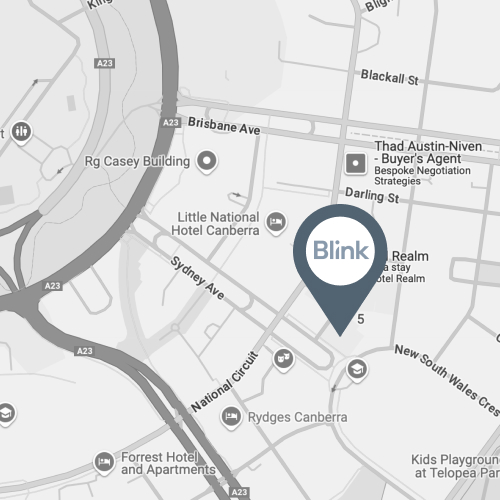With PresbyMAX, some people experience greater visual flexibility
Explore how this innovative treatment may help reduce dependence on reading glasses by improving both near and distance vision
See if you can reclaim clear near vision in these simple steps
If you’re tired of relying on reading glasses, we’ve made the path to treatment simple and stress-free


Step 1: Get in touch
Not sure if you’re suitable? Start with a self test to get a clear answer on whether lens replacement surgery could help.


Step 2: We’ll meet
We’ll examine your eyes and have a detailed chat about your lifestyle and vision goals. You’ll leave with an honest recommendation and a clear understanding of your options.


Step 3: See life close up again
After treatment, many people tell us they’re able to read menus, phones, and dashboards again—without reaching for glasses. Enjoy daily life with less frustration and limitations.
Affiliations and memberships
We are proud to be a part of these professional bodies

Hi, I’m Dr. Richard Barry
I am an ophthalmologist and the principal surgeon at Blink Vision Clinic in Canberra. As a Fellow of the Royal Australian and New Zealand College of Ophthalmologists, I have advanced training in vision correction.
I trained at Sydney Eye Hospital and completed international fellowship training in macula and retina disease. My focus is on providing evidence-based treatments using the latest technology to achieve the best possible outcomes for my patients.
I believe in clear communication and patient education, ensuring you fully understand your options and treatment plan. At Blink Vision Clinic, my goal is to provide a thorough and professional approach to eye care, so you feel confident in your vision correction journey.
Dr. Richard Barry








